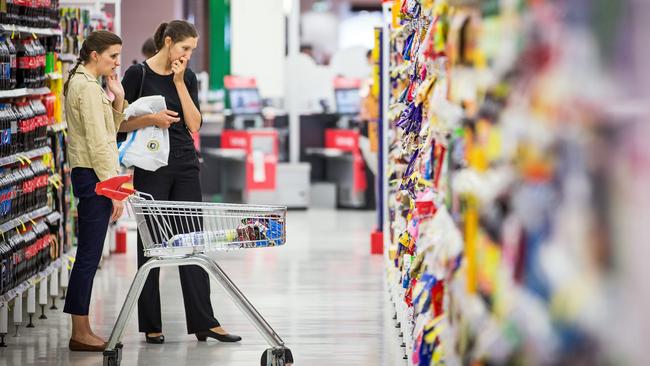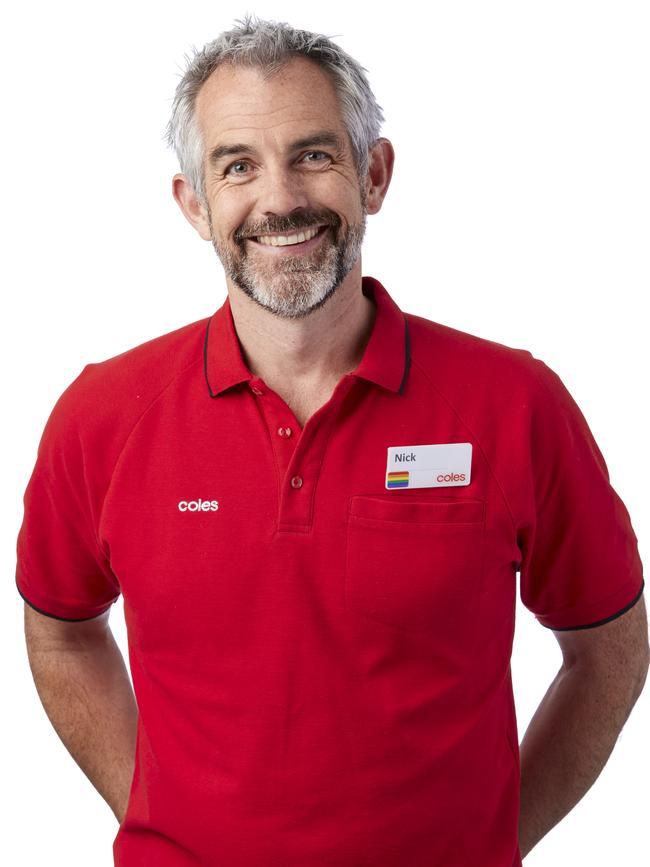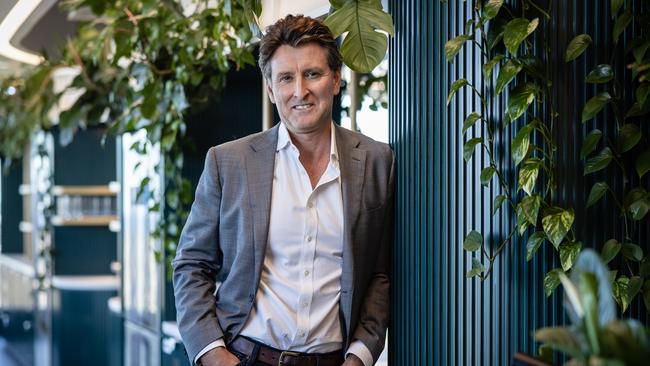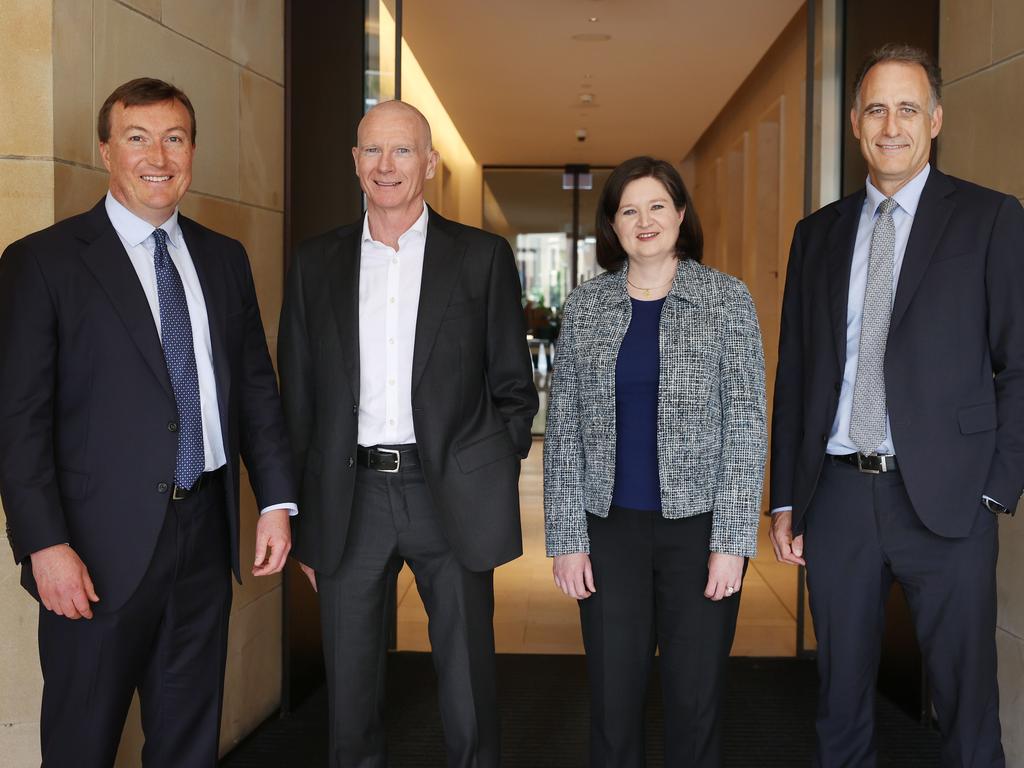Coles teams up with Microsoft to change the way Australians shop
Coles has signed a five-year deal with Microsoft to change the way Australians shop and bolster sales at the supermarket chain, thanks to artificial intelligence.

Coles has signed a five-year deal with Microsoft to change the way Australians shop and bolster sales at the supermarket chain, thanks to artificial intelligence.
The agreement extends the partnership the pair first struck in 2019 and focuses on a range of digital initiatives, including growing sales and eCommerce offerings, increasing operational efficiency and “enhancing customer experience”.
Crucially, it will showcase what is possible with AI, helping thrust the much-hyped technology deeper into the mainstream and overcome the paralysis that’s stopping many companies from moving their AI ‘experiments’ into production.
Coles intends to use AI to deliver a more personalised and consistent shopping experience. Tools include helping customers locate groceries across a store and create recipes, while helping train staff by providing on-demand learning, rather than bombarding them with training modules when they are hired.
This aims to help lift productivity while reducing costs via eliminating wastage by being able to extend the shelf life of chilled meat by stacking it correctly, for example.

Coles general manager of tech strategy and transformation Nick Walker says it was only the beginning, and the partnership with Microsoft was aimed at accelerating the development of AI tools.
“We see Microsoft as a leader when we look not just at AI, but how we internally within Coles drive AI as a service. It’s obviously boomed, going gangbusters across many different companies, and of one of the pieces which is really important to us is how we do it responsibly,” Mr Walker said.
“We have a responsible AI framework and want to make sure we do, partnering with Microsoft, is to provide that capability centrally across our organisation, so we can both go fast but go fast safely.”
Coles has developed an edge computing platform it calls the ‘Intelligent Edge Backbone’, using Microsoft Azure Stack HCI, Azure AI and machine learning – what it says is a global-first in retail.
Edge computing brings information storage and computing abilities closer to the devices that produce that information and the users who consume it. But it presents distinct challenges for retail chains such as Coles, given the dispersed nature of its operations.
It needed a platform that could support the significant AI workloads of large-format supermarkets and can be deployed across all stores, not just be used for isolated task-specific or site-specific use cases.
“There are so many insights that come across our stores through the myriad of different sensors, devices, capabilities that exist out there, whether that’s online, whether that’s in store, whether that’s in our distribution centres. And what’s always been really difficult is actually how you bring that information to gather and do something with it, particularly when you take it from being an insight to an action? Because there’s no point it being an insight if you can’t actually do something with it. And what we built with our intelligent edge backbone is actually a platform to do that,” Mr Walker said.
“We see this as a growth lever. We see this as an opportunity to streamline our business, to lower cost, to improve digital experience. It’s a core capability.”
As well as personalised meal planning and helping customers find groceries in stores, Mr Walker said the platform could provide “next best actions” for staff, providing them effectively with on-demand training.

Mr Walker said supermarket staff tend to work in specific areas of a store, such as the bakery, fresh producer or the deli. But sometimes they change departments.
“You might have been training in this area. But … you haven’t done it in four months. How you stack meat in a fridge in a store is really important for how long its life is, and actually having all that rich data through the sensors, and actually having generative AI to provide some of these activities I see is actually going to help us not only be more productive but just deliver fresher, better quality products.”
Coles has been jostling for AI dominance over rival Woolworths, becoming the first Australian retailer to trial an AI-powered smart trolley that allows shoppers to pick, weigh and pay for groceries as they stroll through the aisles.
Microsoft Australia and New Zealand managing director Steven Worrall said Coles’s use of AI will “create confidence” about the technology’s use across other companies.
“It’s hard to sort of reconcile the fact that this AI era that we’re living in only kicked off in November 2022, so we’re talking two years ago. You think about the internet’s emergence, and everyone’s scratching their heads, thinking ‘we can see this is going to change everything, but we’re not 100 per cent sure exactly what all the consequences will be’,” Mr Worrall said.
“It’s happening again right now. And so this is why we love the partnership with Coles because they help us see the possibilities of these platforms and the technologies that we’re bringing out.
“It’s just amazing to see how Coles are imagining what this might do for hyper personalisation, real time, provision of information, either for employees or for customers.”







To join the conversation, please log in. Don't have an account? Register
Join the conversation, you are commenting as Logout